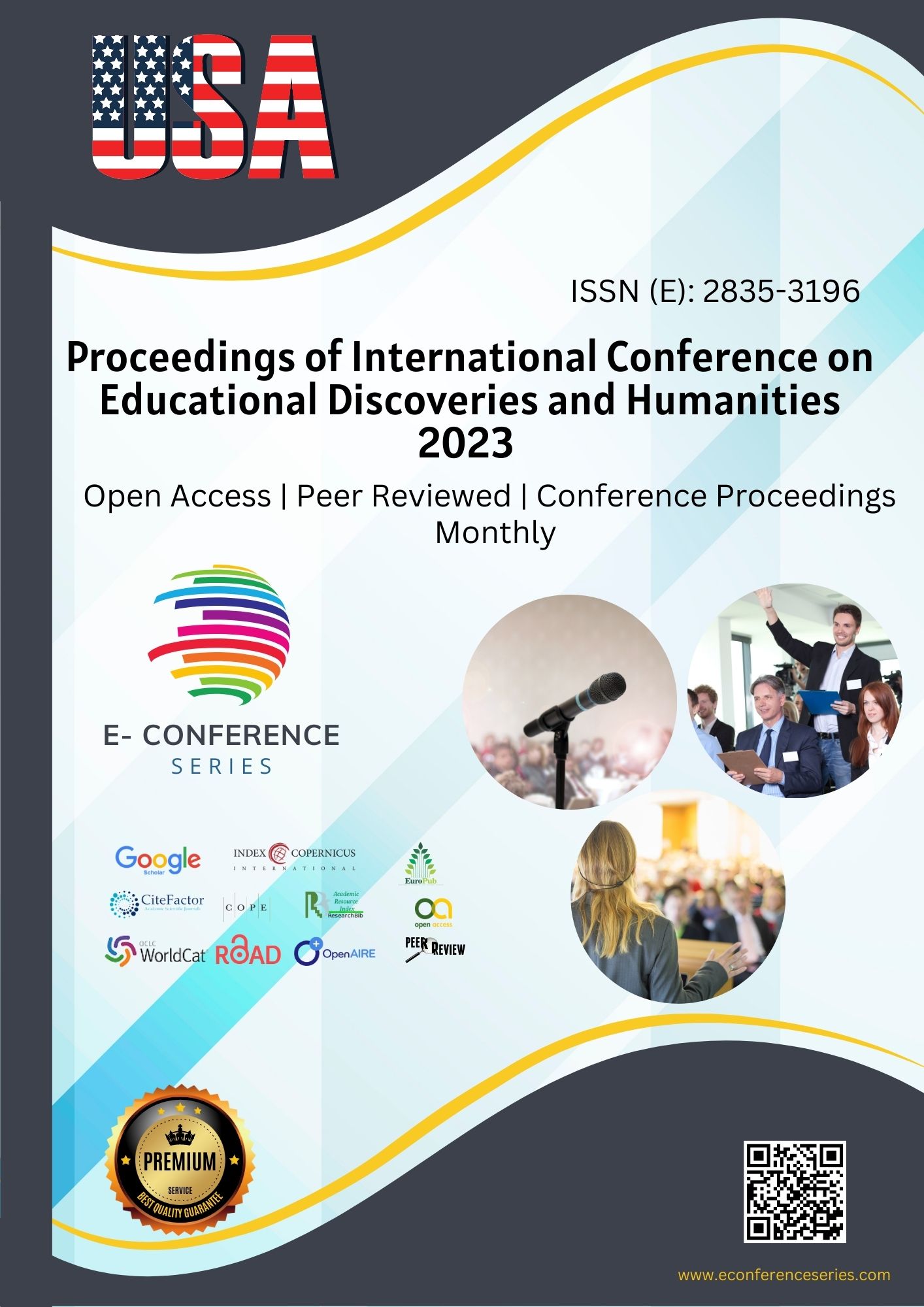DEVELOPING CREATIVE COMPETENCE IN STUDENTS THROUGH INDEPENDENT LEARNING ACTIVITIES: A CASE STUDY OF PROBLEM-BASED AND PROJECT-BASED LEARNING
Keywords:
Creative competence, problem-based learning, project-based learning, independent learning, higher education, Uzbekistan.Abstract
This study investigates the role of problem-based and project-based learning methods in enhancing students’ creative competence during independent learning activities. Conducted with higher education students in Uzbekistan, the research employs an experimental design involving two groups: an experimental group utilizing innovative pedagogical methods and a control group relying on traditional teaching approaches. Data collection was achieved through Torrance creativity tests, surveys with 80 students and 30 teachers, and practical observations.
Key findings reveal that problem-based and project-based learning approaches contributed to a 19% improvement in creativity across four dimensions: fluency, flexibility, originality, and elaboration, compared to minimal improvements in the control group. Surveys indicate that 75% of students and 80% of teachers consider these methods more effective in promoting creativity. These results demonstrate the necessity of incorporating innovative approaches into independent learning frameworks to develop creative competence.
References
Torrance, E. P. (1995). Creativity Assessment in Education: Methods and Techniques. Creativity Journal.
Barrows, H. S. (1996). Problem-Based Learning in Higher Education: The Key to Deep Learning. Journal of Pedagogical Innovations.
Johnson, D. W., & Johnson, R. T. (1999). Cooperative Learning: Theory and Practice. Educational Psychology Review.
Dewey, J. (1938). Experience and Education. Macmillan.
Vygotsky, L. S. (1978). Mind in Society: The Development of Higher Psychological Processes. Harvard University Press.
OECD (2022). Promoting Creativity in Education: Insights for Innovative Classrooms. Retrieved from https://www.oecd.org/education/creativity
World Economic Forum (2023). The Future of Jobs Report: Creativity as a Core Skill for 21st Century Education. Retrieved from https://www.weforum.org/future-of-jobs
UNESCO (2023). Creative Competence Development in Education: Global Trends and Practices. Retrieved from https://www.unesco.org/education/creative-competence
Uzbekistan Ministry of Education (2023). National Framework for Creative Competence Development in Education.
Amabile, T. M. (2018). Creativity in Context: The Social Psychology of Innovation. Harvard Business Review Press.
Kaufman, J. C., & Sternberg, R. J. (2019). The Cambridge Handbook of Creativity. Cambridge University Press.
Robinson, K. (2020). You, Your Child, and School: Navigate Your Way to the Best Education. Viking Press.
Downloads
Published
Issue
Section
License

This work is licensed under a Creative Commons Attribution-NonCommercial 4.0 International License.








